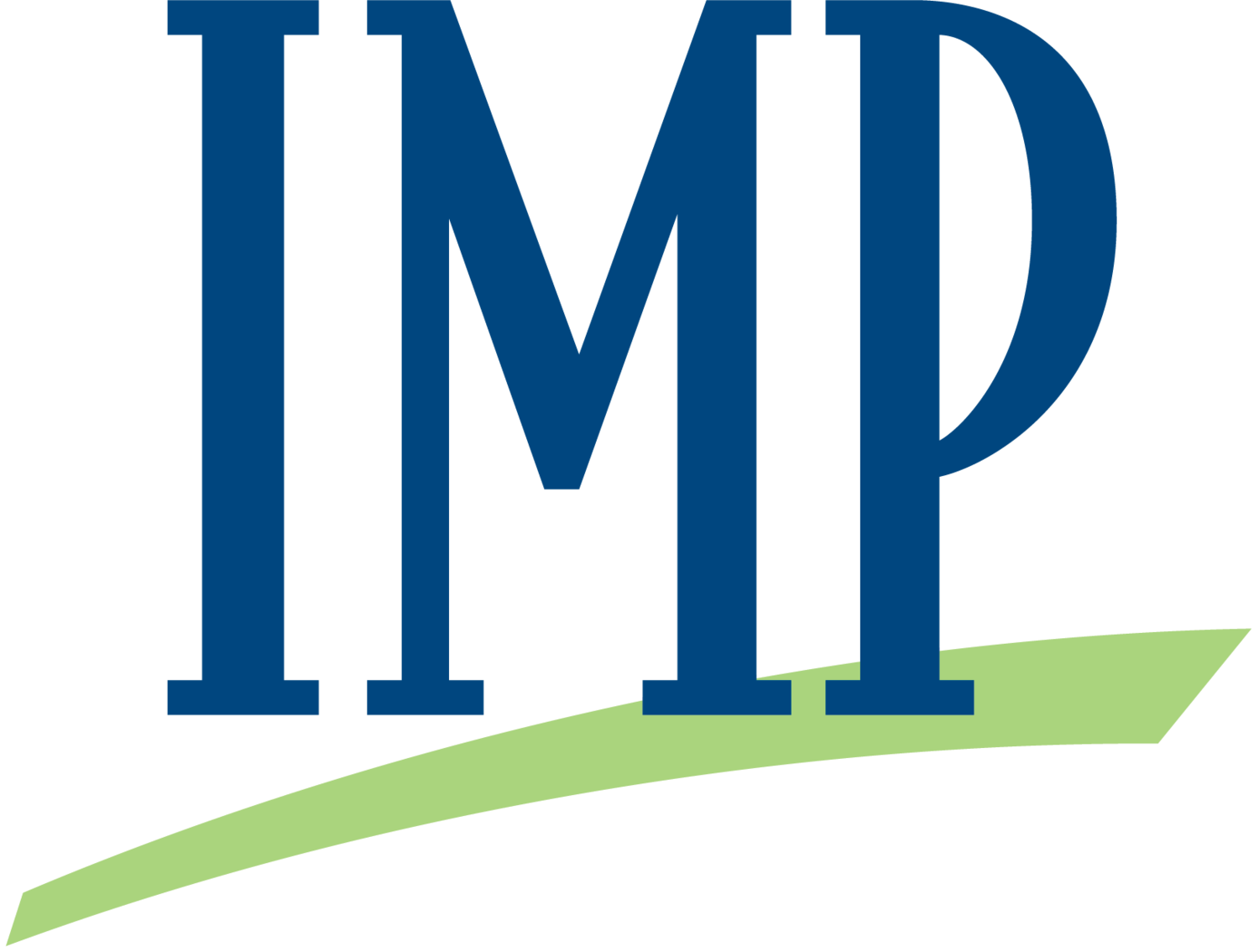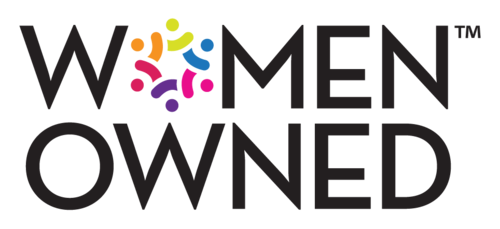How do we create real and sustainable change that promotes a diverse workforce?
Where is the talent? I promise it’s out there, but our time-honored recruitment traditions are antiquated and in need of an update to circumvent our own biases.
There has been so much amazing progress in the last decade, but what it means to be an ally to LGBTQ+ and other minority groups has been gradually changing, and I’d wager it’s for the better. The pandemic in particular has upended some of the typical ways we see corporations and small business participate in and execute inclusivity.
Diversity of thought uncovers new opportunities, diversity of experience solves problems, and feelings of belonging and appreciation convert average performers into star achievers. So, it is important to circumvent the unconscious biases that may be a hang up early in the process. Fortunately, there are things that can be done in your office which cost nearly nothing and possibly help more than the corporate-sponsored rainbow pride parade banners. Here are my top three recommendations:
Release Stigma
All too often, companies look into their own established networks for candidates and referrals: the same recruiting events, the same colleges, the same intern & co-op programs. Rather than digging from the Ivy bin again, the first step should be to reach out to the career counseling resource centers at several local colleges. But maybe you’ve already tried that, and you’re looking for something more potent.
Are you willing to really buck the trend? Let go of the stigma that a bachelor’s degree is necessary. In recent years, corporations like JPMorgan Chase, Alphabet, Apple, and others have loosened degree requirements for their entry-level roles. With the advent of online training organizations like SkillShare, EdX, and Coursera, truly passionate individuals are finding new skills over the course of months without bankrupting themselves via traditional schooling.
There are tens of thousands of potential candidates who, for one reason or another, were unable to obtain a degree; among them, many of the hardest working people I’ve met. If we are able to let go of the pay-to-play attitude, an entirely new pool of candidates will open with experiences that fall outside of the traditional paths many of us have taken. Requiring a bachelor’s degree as a prerequisite to an interview disproportionately excludes minority groups. Maybe they didn’t throw a frisbee around the quad between classes on Creative Writing and Film History, but just how relevant is that to the role?
Drop the name
One of the first things seen at the top of a candidate’s resume is their name. You may know someone who has been passed over for a role because their name wasn’t quite western enough or because it was “a man’s role.” It’s hard not to introduce an unconscious bias before you have even seen their job title or heard about some of the projects they’ve knocked out of the park.
Your brain is good at word association. Imagine that fun improv game, but as applied to a person’s name and career opportunities: “I worked with a ‘Steven,’ once. He was awful.” Well, if your name is Steven, this is not the word association you want on a first impression before an interview.
If the hiring manager is presented with a story outlining previous work overlaid with the skills relevant to the role *before* being told a name, the story can paint a picture before any unconscious bias poisons the process.
Imagine instead “This next candidate’s last role was all about automating that manual process you’ve been struggling with. They’ve led a small team and are experienced with backlog management.” It sounds like Steven really knows his stuff. I bet he’s nothing like the last Steven you worked with.
Skills vs Experience: Context is key
Every job is going to require some baseline skillset, and skills can be gained without “experience.” Put differently, experience doesn’t necessarily equate success if you lack sufficient skills.
Maybe you have a candidate that has worked for 8 years in technical project management but hasn’t written a single line of code in their life. We’ll call them “Candidate A.” Enter Candidate B who has no college degree but has been working for 3 years as a security guard spending her free time hammering through course after course on project management, relevant data structures, and coding languages. She has no degree, but has been certified in the core job skills you need for your open rec.
In today’s hiring practices, Candidate B would be stopped before her resume is even seen by a human due to the degree requirements. If she makes it to the next stage, she might be discarded because her *job* experience is not directly relevant to the current role. But then we find our way to the rest of her story… her skills are sharp, she is motivated to prove herself in the new role, and with maybe a little bit of initial guidance, she could outperform Candidate A who hasn’t had to learn a new skill in years.
If both candidates filled out a questionnaire to submit with their application that mapped out their relevant skills with some depth, it may become clear that Candidate B is someone to look into.
This is only the beginning, and there is much more to do past these initial suggestions. As the workforce continues to evolve, diversity becomes natural. It is incumbent upon us to challenge the norms and adapt to the new challenges that arise to ensure we are on the right path, but the first step to change is making sure the right people are at the table.




